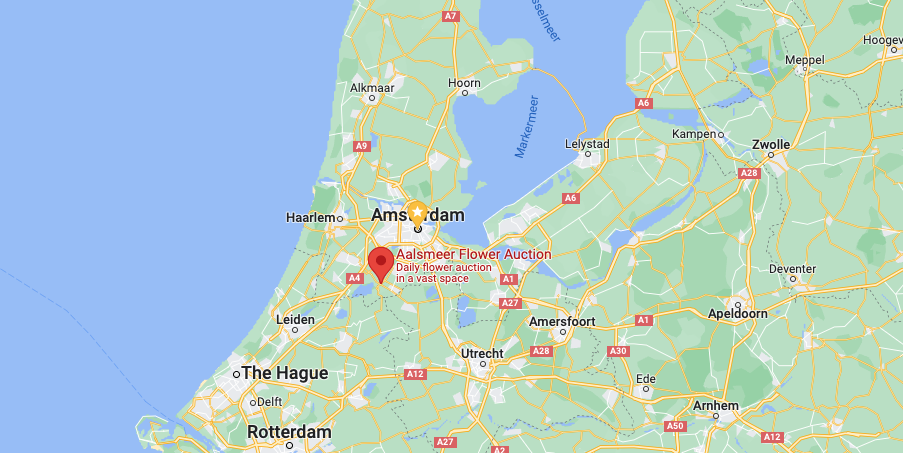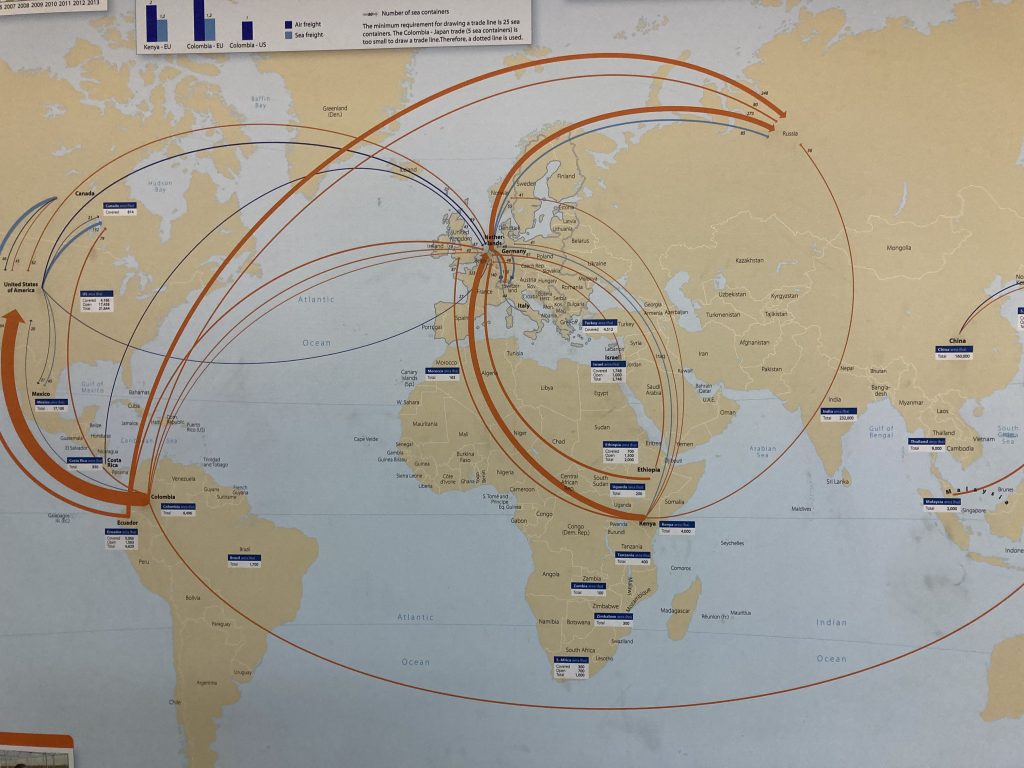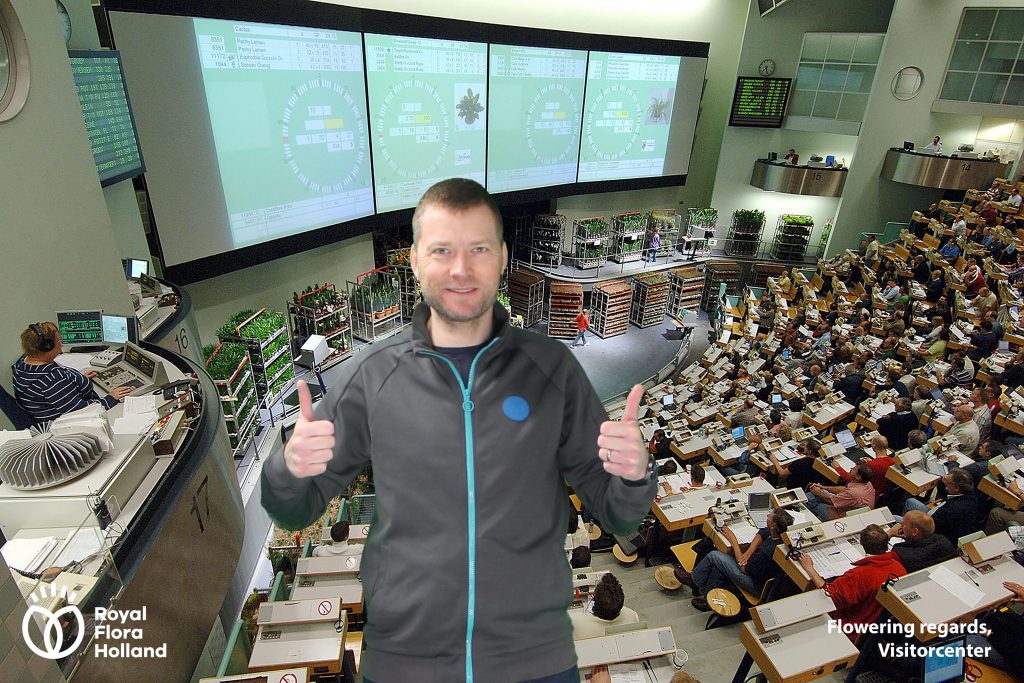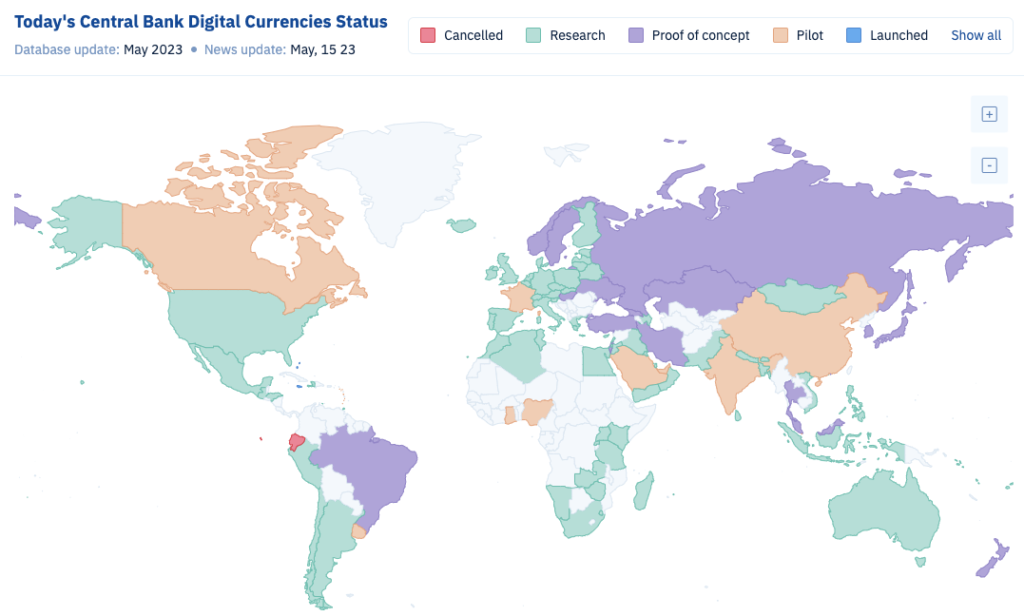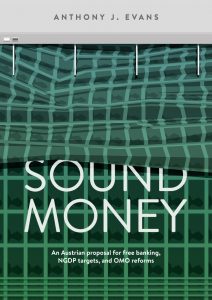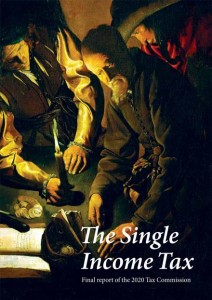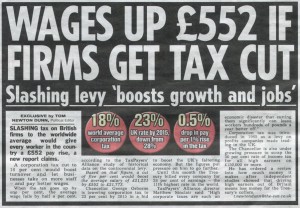Progress
| Lecture handout: Progress* |
⭐ Required readings:
- “We Need a New Science of Progress” by Patrick Collison and Tyler Cowen, The Atlantic, July 30th 2019
- “Do we need a better understanding of ‘progress’?” by Garrison Lovely, BBC, June 16th 2022
- “Scientific slowdown is not inevitable“, by Ben Southwood, Works in Progress, April 21st 2022
- “Notes on technology in the 2020s“, by Eli Dourado, December 31st 2020
Watch the full movie The Greatest Showman (2017), Michael Gracey
Human civilisation faces many threats. Some of them (e.g. climate change, AI and nuclear war) have the potential to destroy us and our planet. Other types of risk are less existential but still highly damaging, such as pandemics. Covid revealed lots of vulnerabilities in our capacity to manage problems, and one temptation is to fix specific points of failure. This might improve our resilience for future pandemics, but who is to say whether that is the threat that we face? As Mark Pennington has said, “If there is reason to doubt the efficacy of centralised governance in strategic risk planning then the most effective and multipurpose ‘insurance policy’ that might account for the broadest range of future risks may be to sustain robust levels of economic growth. The resources generated by such growth may provide resilience against risks from multiple directions.” In other words, the best insurance policy against unknown threats is greater wealth.
Here is a good Economist article surveying “the new tech worldview” exhibited by the likes of Peter Thiel and Patrick Collison.
Key organisations:
Key movements:
Recommended podcast:
- “Jason Crawford: What is progress and how to we get more of it?“, Matt Clifford’s Thoughts in Between, October 11th 2021
- “Are you a Booster or a Doomster?” CapX Podcast, August 12th 2022
- Ep. 76: Steve Horwitz — What Drives Progress?, The Curious Task, Jan 13th 2021 – this interview touches on several themes from my teaching, including rising living standards, permissionless innovation, and the great stagnation. I also find it poignant to listen to – I knew Steve personally and he passed away just 6 months after this recording.
Here is Tyler Cowen talking about Stubborn Attachments:
Here is Aubrey De Grey claiming that the first person to live to the age of 1,000 has already been born:
For more on Operation Warp Speed see ‘A Shot to Save the World‘. For a fascinating (but very long) account of Vaccinate CA see The Story of VaccinateCA.
Here is the Netflix trailer for the Three Body Problem:
| Activity: Transformative Breakthrough Worksheet |
For a survey of potential breakthrough technologies see:
- Weinersmith, K., and Weiner, Z., 2017, Soonish, Penguin
Or this Wikipedia article:
Or this collaborative slide deck:
In September 2019 Eli Dourado provided a detailed and illuminating look at the sectors most likely to contribute to higher future economic growth, with specific examples of technological possibilities.
In December 2020 Tyler Cowen provided a list of new technologies that may mark the end of the great stagnation. He included:
- Apple’s M1, GPT-3
- DeepMind’s application of AI to protein folding
- phase III for a credible malaria vaccine
- a CRISPR/sickle cell cure
- the possibility of a universal flu vaccine
- mRNA vaccines
- ongoing solar power progress
- new batteries for electric vehicles
- a possibly new method for Chinese fusion
In February 2022 MIT Technology Review listed their 10 biggest technology breakthroughs in 2022. They are:
- Moving away from passwords
- Coronavirus variant tracking
- A long-lasting grid battery
- Artificial intelligence for protein folding
- GlaxoSmithKline’s malaria vaccine
- Proof of stake
- COVID-19 antiviral pills
- Practical fusion reactors
- Synthetic data for training AI
- The world’s largest carbon removal factory in Iceland
In February 2023 Alex Armlovich listed the following:
- We cured AIDS (but nobody noticed)
- We cured Hepatitis C
- First mRNA vaccines
- First personalized genomic cancer treatments
- First CRISPR-based cures on the market now
- Ozempic
Here is an explanation of nuclear fusion:
Here is a podcast with Eli Dourado:
My conversation with @elidourado on what may drive an increase in economic productivity in the 2020s:
– biotech
– energy (geothermal)
– transportation
– space
– information technologyThis made me damn excitedhttps://t.co/djiHPcHP4w pic.twitter.com/NufFqfoYOW
— Patrick OShaughnessy (@patrick_oshag) May 11, 2021
My favourite “no brainer” growth drivers includes:
I suspect that future growth requires a cultural shift toward the principle of progress, and this involves a shift to longer term thinking. This post by Max Roser nicely presents the importance of “Longtermism”.
Here is a powerful and fascinating account of why advances in artificial wombs are so important, and I encourage all students to read it and reflect carefully on whether we should:
- Alter the 14 day rule on keeping embryos in labs.
- Invest more in Femtech.
Here is a video showing how the pill accelerated female participation in the workforce:
And, if you are blessed with children, don’t beat yourself up about having to breastfeed. The evidence in favour is fairly weak:
- Episode 2: Breastfeeding, The Studies Show, July 2023
For more on Permissionless Innovation:
A good, uplifting account of how creativity can result from not asking permission:
Here is a video on the importance of ideas:
And don’t forget that “Comfort is the enemy of progress” (P.T. Barnum)
| Learning Objectives: Link technological innovation to growth theory and a broader reflection on the importance of the humanities
Cutting edge theory: A survey of potentially transformative breakthrough technologies. Focus on diversity: Virginia Postrel’s book, The Future and it’s Enemies, encapsulates the distinctions made at the end of the lecture. |
